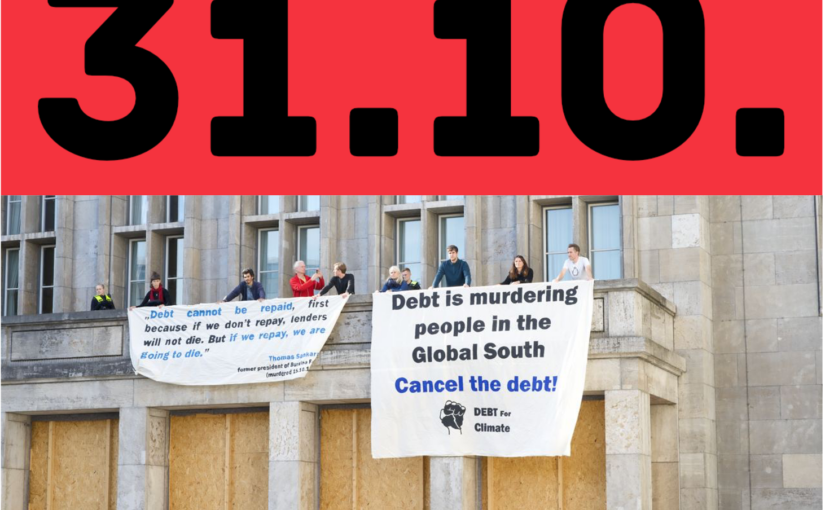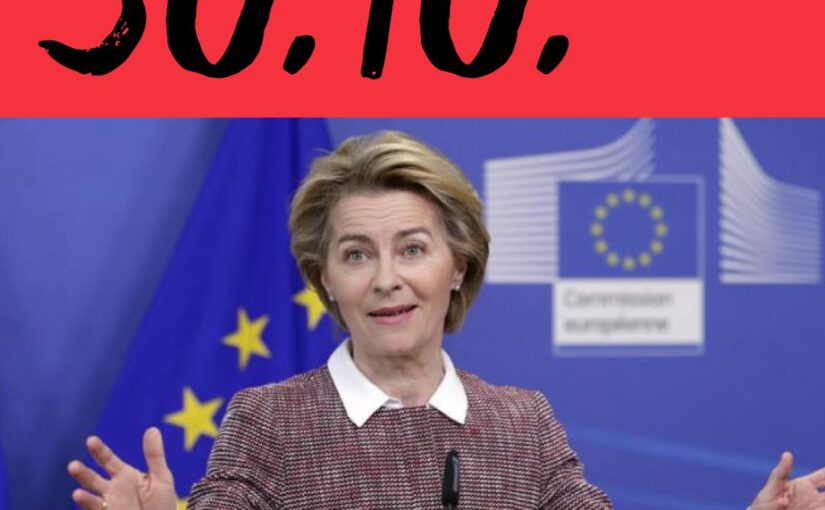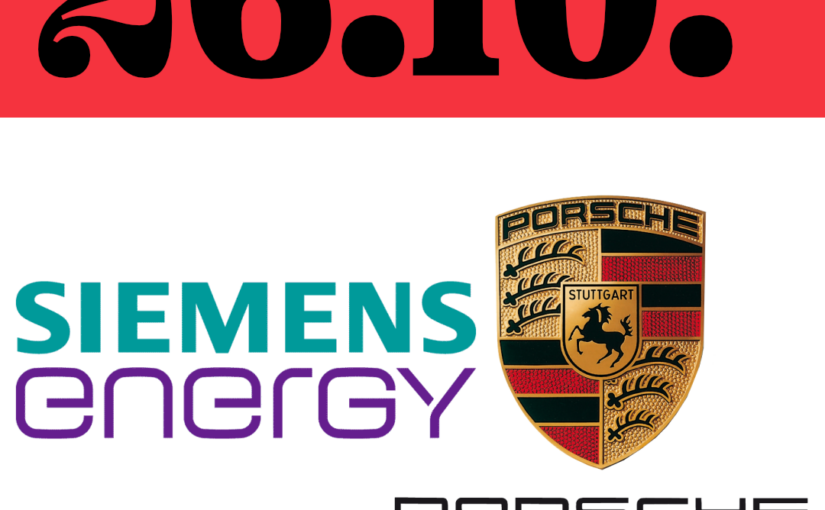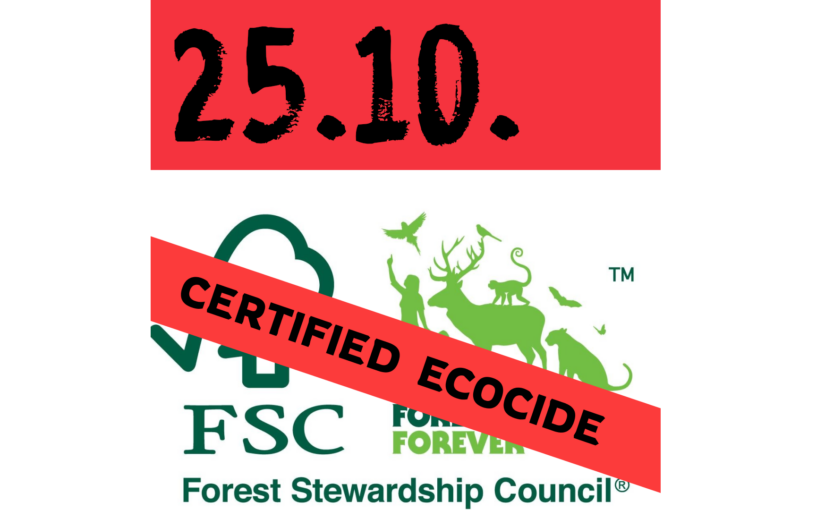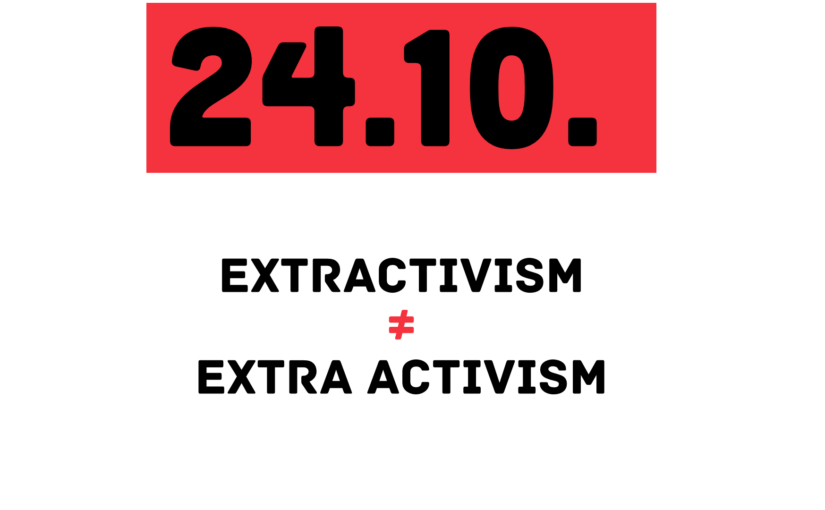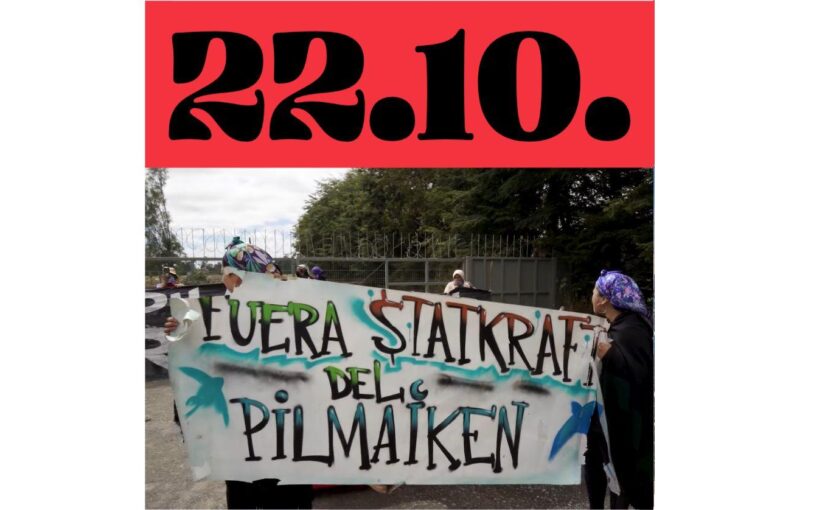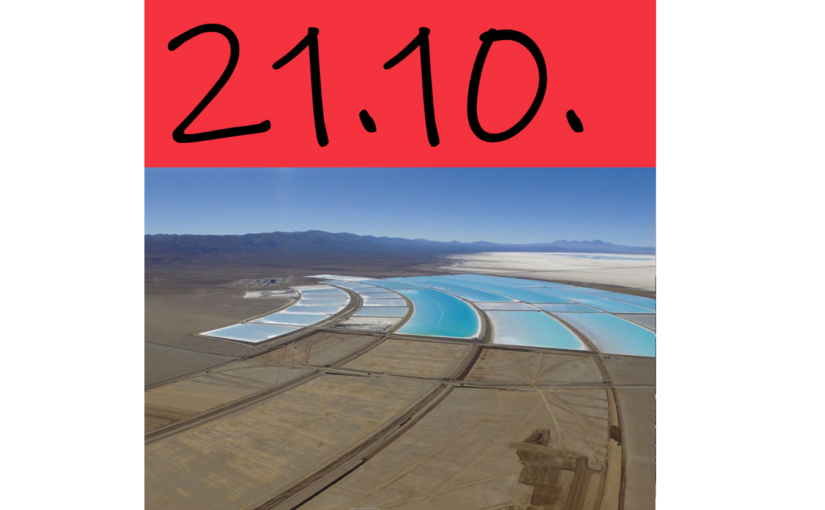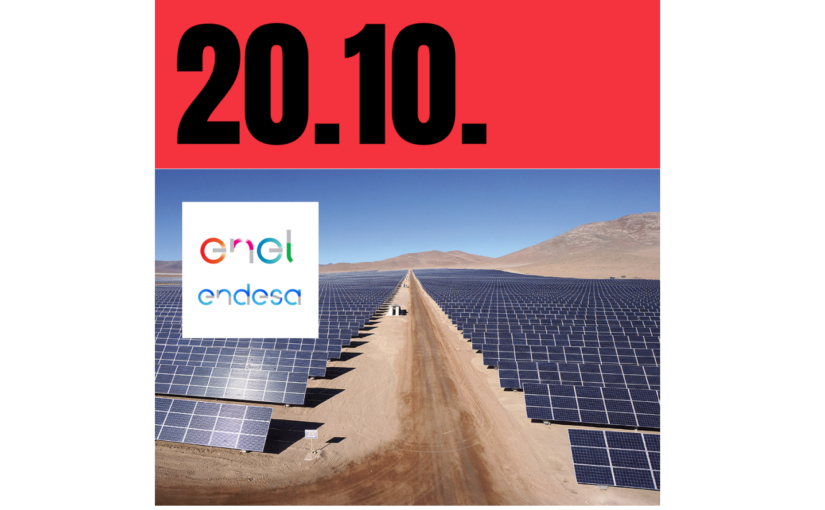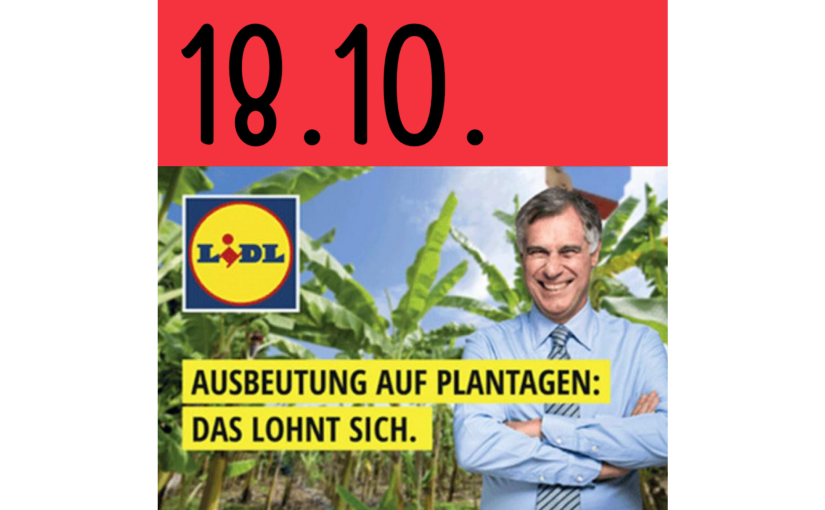Extractivism is part of an asymmetric flow of resources from the Global South to the Global North, reproducing colonial continuities. Global South countries are often forced to support extractive undertakings to pay their international debt. Debt that stems from building independent states after the destruction and violence of the colonial era. Debt, which is bound to conditional loans that enable economic and political influence by countries of the Global North and institutions such as the IMF or the World Bank. Debt, which has already been paid back many times over when considering its original sum. And debt, which ties Global South countries to the extraction and export of fossil resources, hindering climate mitigation and adaptation measures.
Find more info at https://www.debtforclimate.org/.
Extraktivismus ist Teil eines asymmetrischen Materialflusses aus dem Globalen Süden in reichere Länder des Globalen Nordens und reproduziert dabei koloniale Kontinuitäten. In vielen Fällen sind Länder gezwungen, extraktivistische Unternehmen zu unterstützen und fortzuführen, um damit internationale Schulden zu begleichen. Schulden, die noch auf die Zeit des Kolonialismus und der Unabhängigkeitsbestrebungen zurückgehen. Schulden, die oft mit Krediten unter strengen Bedinungen einhergehen und so wirtschaftliche und politische Einflussnahme durch reichere Länder und Institutionen wie den IWF oder die Weltbank ermöglichen. Schulden, die bereits um ein Vielfaches zurückgezahlt worden sind, wenn man ihre ursprüngliche Summe betrachtet. Und Schulden, die die Länder des Globalen Südens an die Förderung und den Export fossiler Ressourcen binden und Klimaschutz- und Anpassungsmaßnahmen behindern.
Mehr Infos unter https://www.debtforclimate.org/.
El extractivismo forma parte de un flujo asimétrico de recursos desde el Sur Global hacia los países más ricos del Norte Global, reproduciendo continuidades coloniales. En muchos casos, los países del Sur Global se ven obligados a apoyar y continuar las empresas extractivistas para pagar su deuda internacional. Es decir, la deuda derivada de la época colonial y la independencia. Deuda, que a menudo está ligada a préstamos condicionados que permiten la influencia económica y política de los países más ricos y de instituciones como el FMI o el Banco Mundial. Deuda, que ya se ha devuelto muchas veces si se tiene en cuenta su importe original. Y deuda, que ata a los países del Sur Global a la extracción y exportación de recursos fósiles, al tiempo que obstaculiza las medidas de mitigación y adaptación al cambio climático.
Más información en https://www.debtforclimate.org/.
